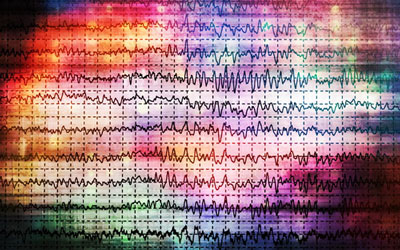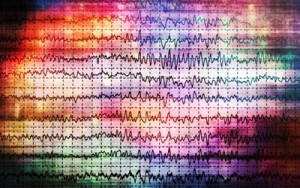GW commences Phase 3 trial of Epidiolex for the treatment of Lennox-Gastaut syndrome
Posted: 12 May 2015 |
GW Pharmaceuticals has commenced a Phase 3 clinical trial of Epidiolex (cannabidiol or CBD) for the treatment of Lennox-Gastaut syndrome (LGS)…


GW Pharmaceuticals has commenced a Phase 3 clinical trial of Epidiolex® (cannabidiol or CBD) for the treatment of Lennox-Gastaut syndrome (LGS), a rare and severe form of childhood-onset epilepsy.


During 2014, GW received Orphan Drug Designation from the U.S. Food and Drug Administration (FDA) for Epidiolex for the treatment of LGS. GW anticipates that top-line data from this trial will be available in early 2016.
LGS usually begins before 4 years of age, and can be caused by a number of conditions, including brain malformations, severe head injuries, central nervous system infections, and inherited degenerative or metabolic conditions. In 30 to 35% of patients, no cause can be found. Patients commonly have frequent seizures, including convulsive, atonic seizures. Drug resistance is one of the main features of LGS. It is estimated that there are approximately 14,000-18,500 patients with LGS in the United States and 23,000-31,000 patients with LGS in Europe.
GW plans to submit an NDA for Epidiolex to the FDA in 2016
“The commencement of this Phase 3 pivotal trial of Epidiolex in Lennox-Gastaut syndrome follows on from the recent start of two Phase 3 pivotal trials of Epidiolex in Dravet syndrome and represents another important milestone towards our planned submission of a NDA to the FDA in 2016,” stated Justin Gover, GW’s Chief Executive Officer. “Although there are approved treatments available for patients with Lennox-Gastaut syndrome, this severe form of epilepsy often remains particularly difficult to treat. We believe that Epidiolex has the potential to meet this significant unmet need.”
This Phase 3 pivotal trial is a randomised, double-blind, 14-week comparison of Epidiolex versus placebo in a total of 150 patients to assess the dose-ranging safety and efficacy of Epidiolex as an adjunctive antiepileptic treatment. The primary measure of this trial will be the percentage change from baseline in number of drop seizures in patients taking Epidiolex versus placebo. Several additional efficacy and safety secondary outcome measures will be analysed.



